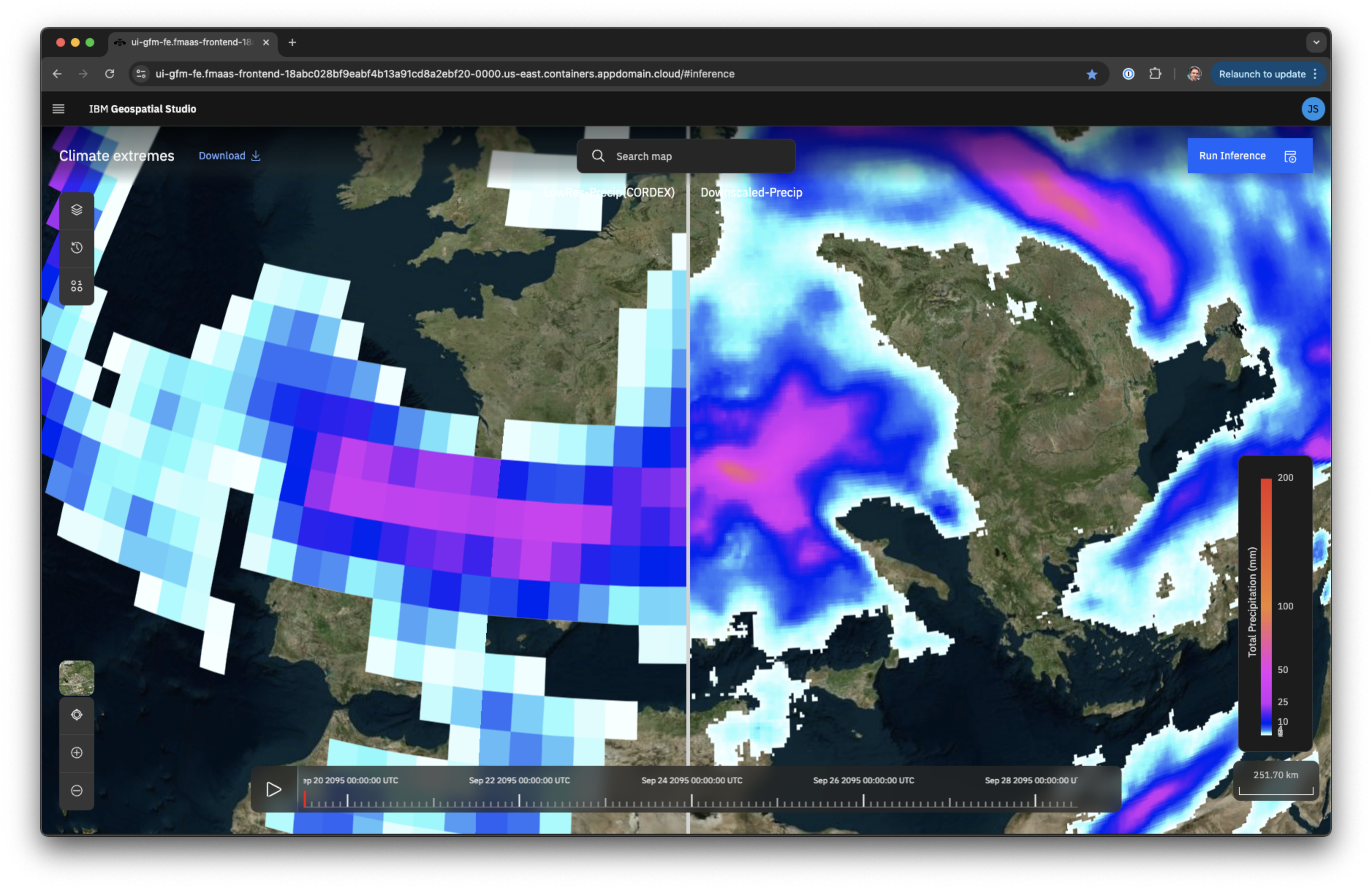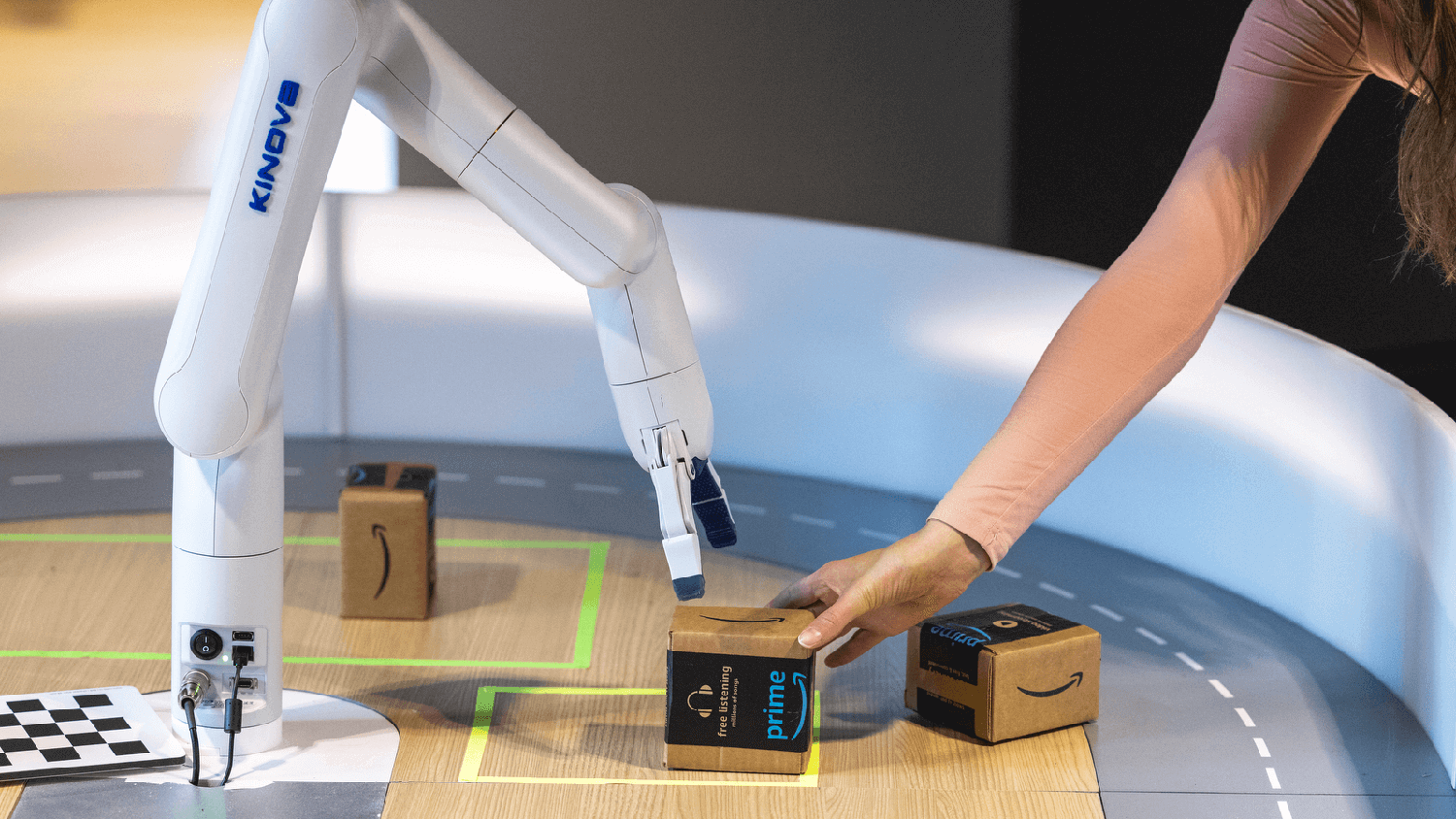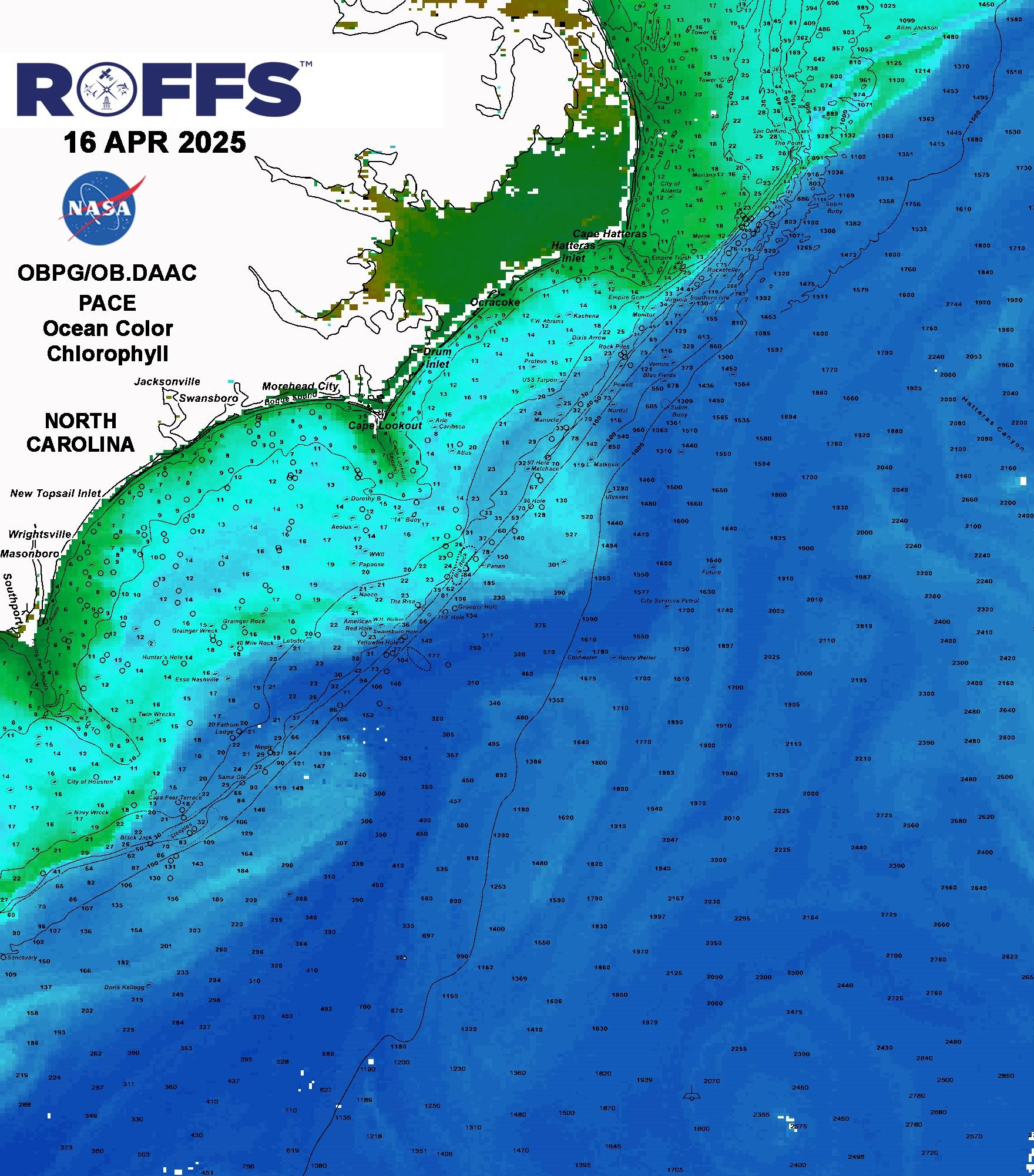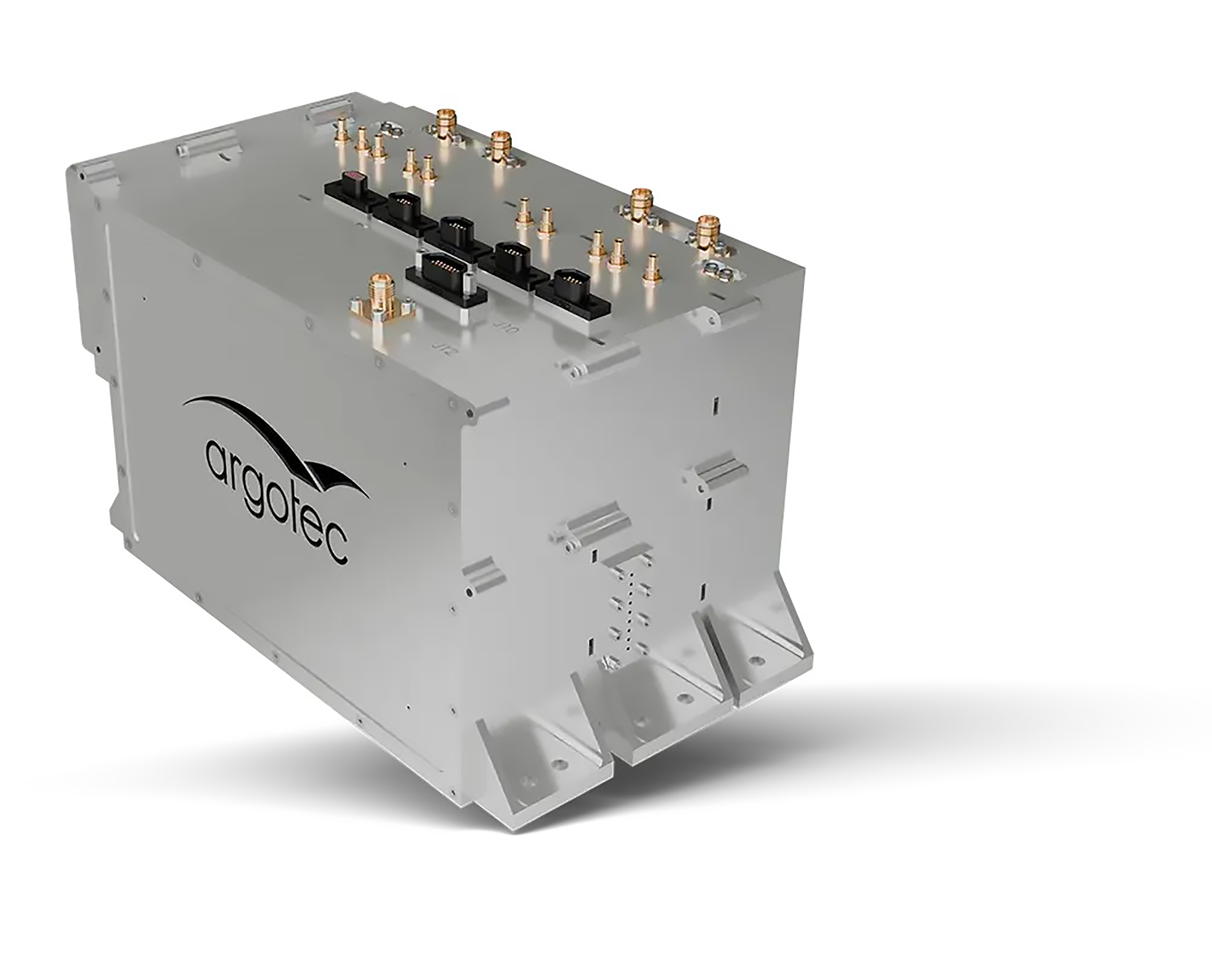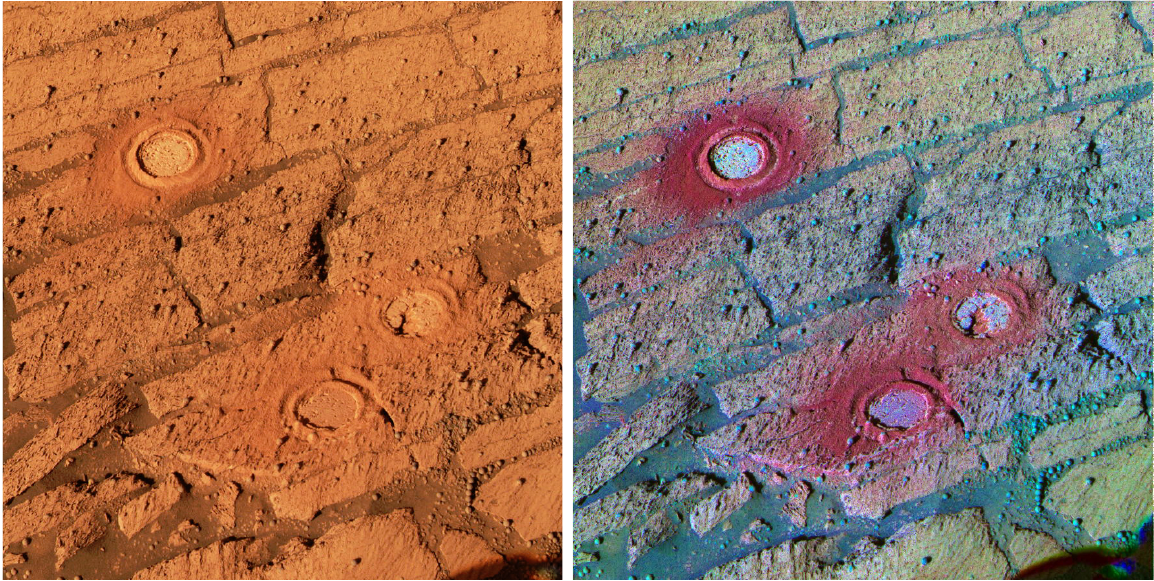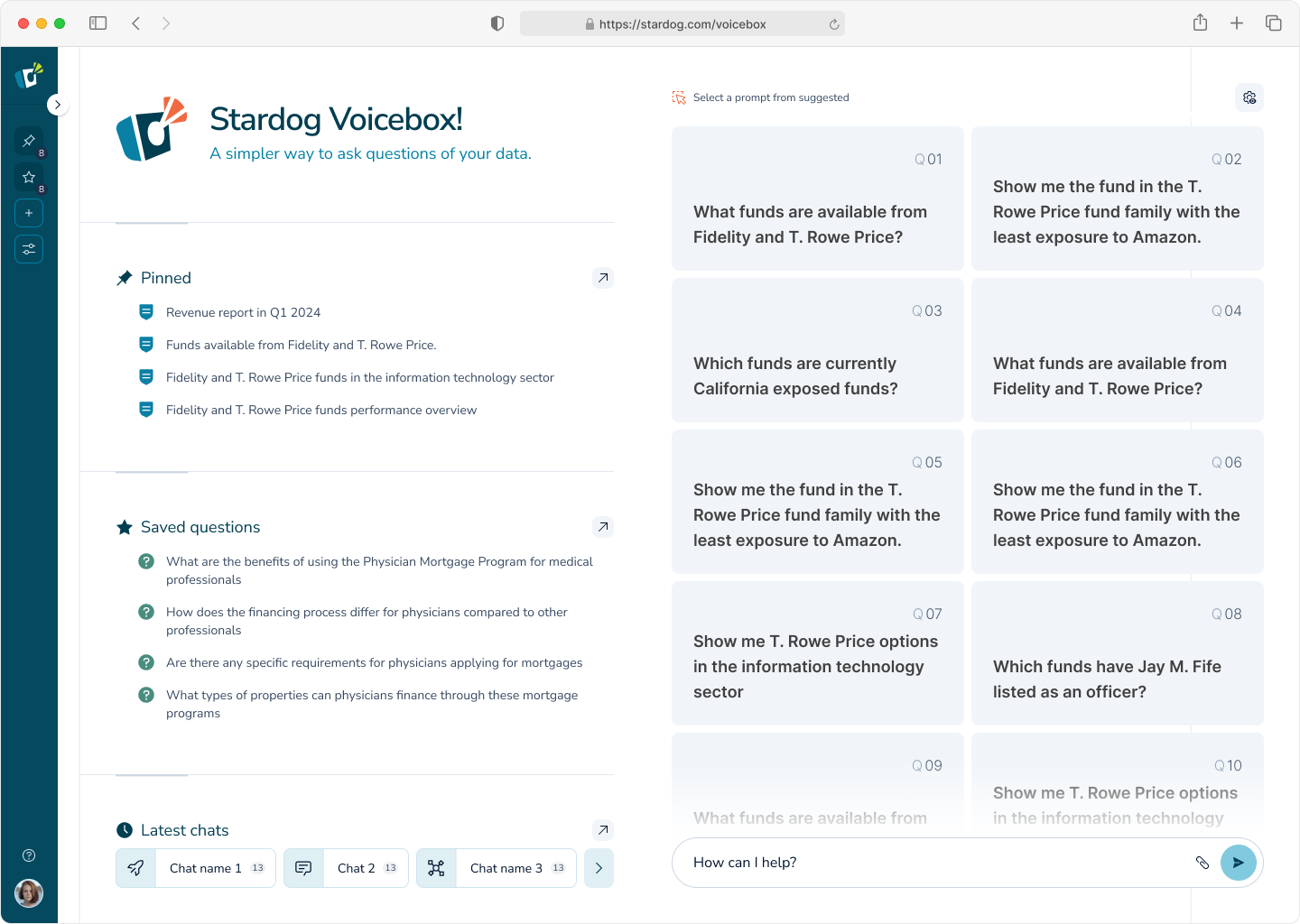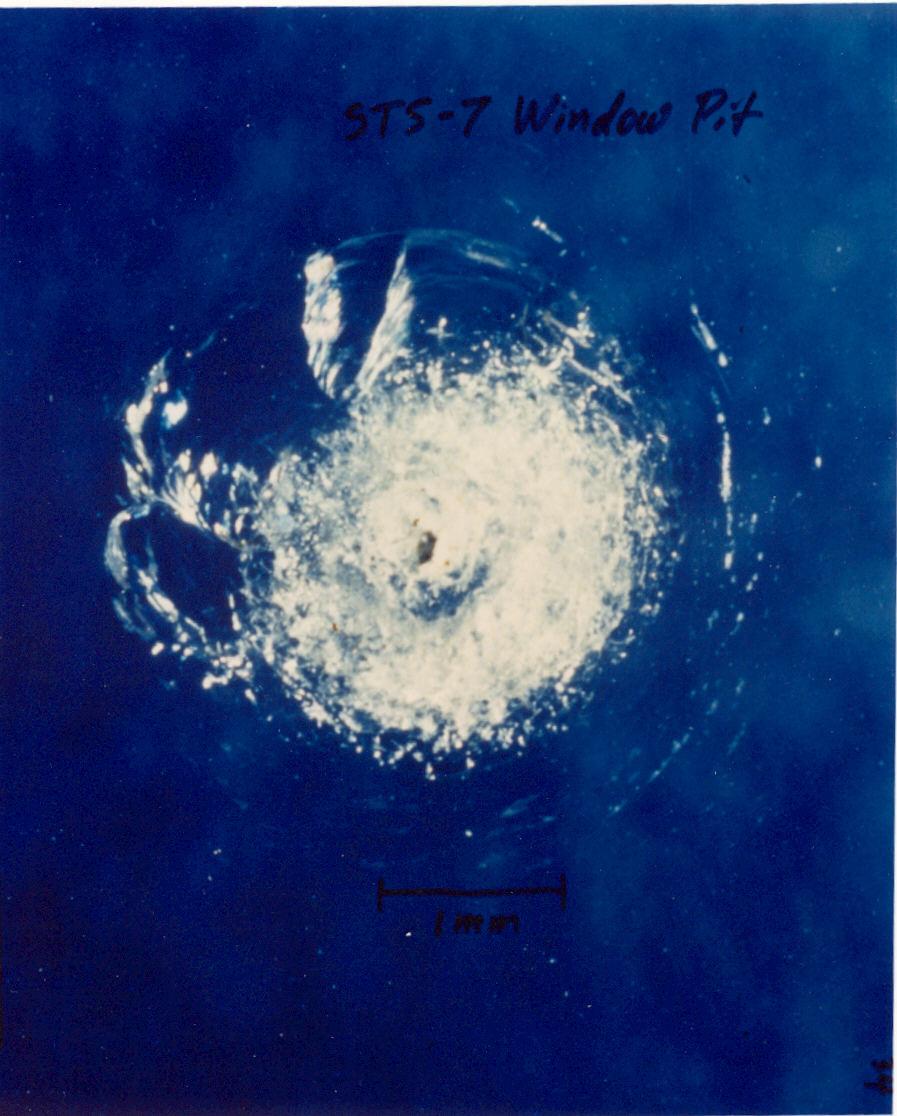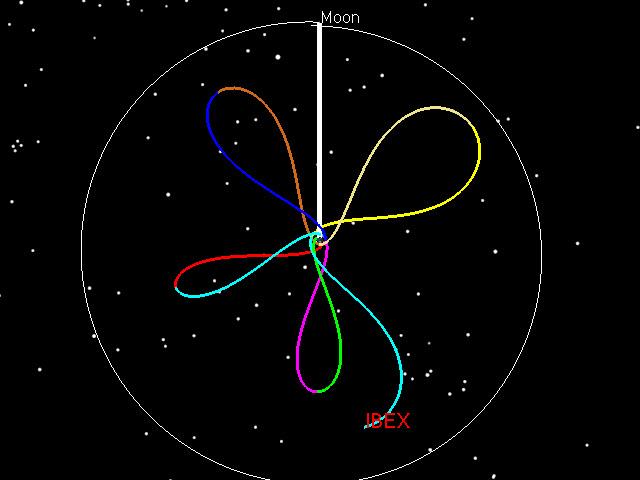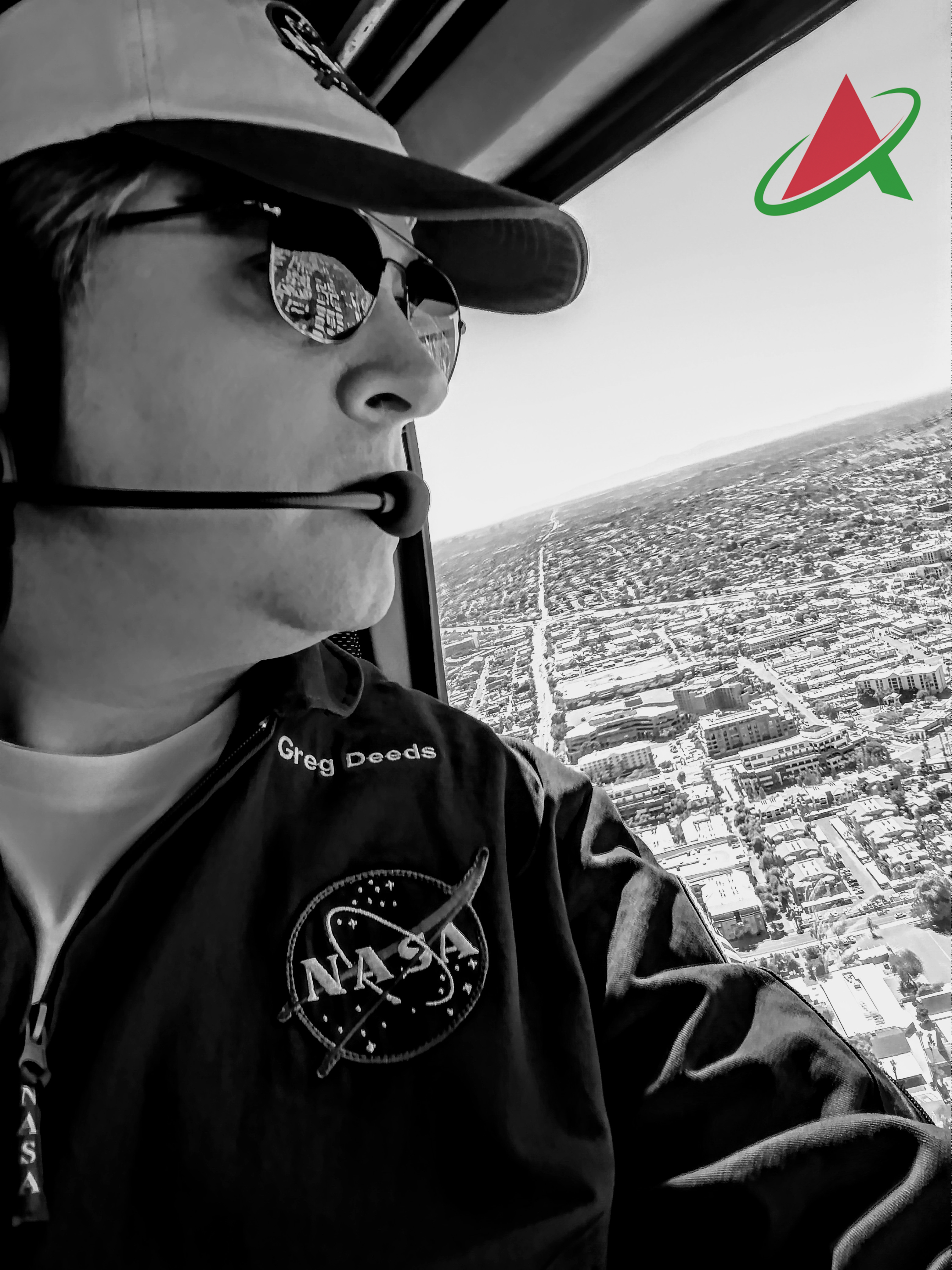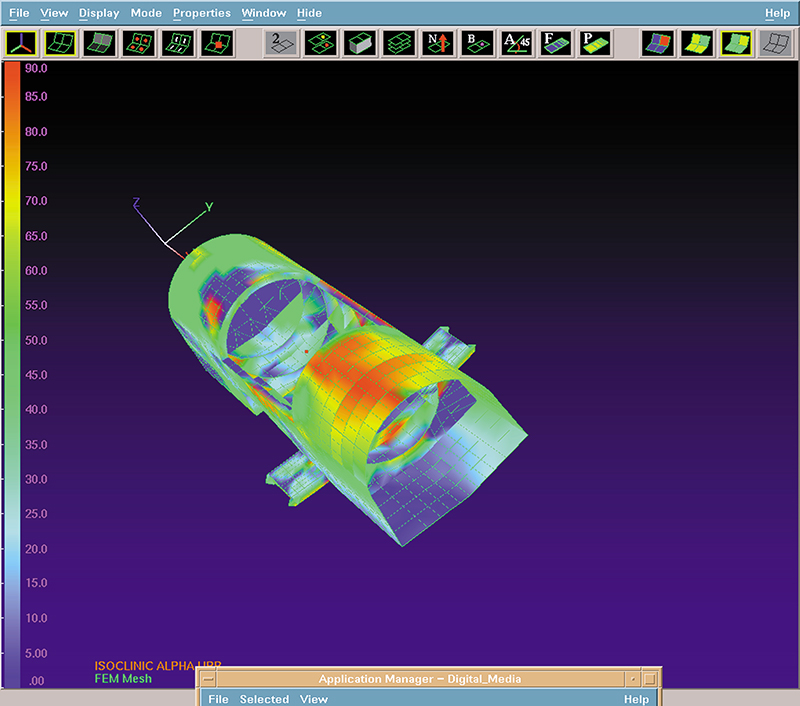
Age and Stress Prediction
As anyone who has been to a carnival knows, guessing the age of someone or something is not an exact science--until now. Enter Genoa, a software product in the making since the 1970s, and the only software that can predict progressive aging and failure in a variety of materials. Genoa is the result of a NASA Small Business Innovation Research (SBIR) contract between the Glenn Research Center and Alpha Star Corporation.
Alpha Star, located in Long Beach, California, is a small, woman-owned business established in 1989 through a series of contracts funded by the SBIR Program. Glenn awarded the contract to Alpha Star to develop a cost-effective method for predicting strength, durability, and reliability of structural components used in aerospace applications during the design stage.
Everybody knows that materials such as metal, ceramic, concrete, and other composites wear out over time. However, when using these materials in space travel, airplanes, automobiles, or even bridges, it is important to detect or project when age is catching up to them. Using Genoa allows designers to determine stress limitations at an early stage, that is, if the materials they plan on applying to the structure are up to the task or if alternates should be considered.
Genoa can perform three-dimensional analysis that predicts crack initiation, as well as growth and failure of materials, eliminating the need for much experimental testing. This is an improvement on the finite element analysis (FEA) tools currently on the market, which struggle to perform accurate three-dimensional modeling simulations of complex materials. Genoa's predictive software has been able to successfully match experimental data within one to six percent of the actual results.
Other benefits of using Genoa include reduction in inspection frequency, rapid design solutions, and manufacture of low cost materials. While currently aerospace, airlines, and automotive industries are viewed as the key beneficiaries of Genoa's capabilities, Alpha Star sees future applications in sporting equipment, computer chips, museum artifacts, and biomedical tools. All of these would benefit from a degradation analysis to correct problems before they happen.
The end results are improvements in design and safety, while at the same time reducing time and money spent in testing. The ability to provide so many benefits is why Genoa received the 1999 NASA Software of the Year award. Genoa was chosen from among 50 entries representing more than 150 corporations, universities, and government laboratories.
Successful completion of the development of Genoa has led to its use in many NASA projects. Several NASA contractors have made use of Genoa to design or redesign engines, wings, and turbines. With the road and bridge infrastructure in the United States, as well as many commercial aircraft fleets beginning to age, an advanced FEA tool such as Genoa is especially important.
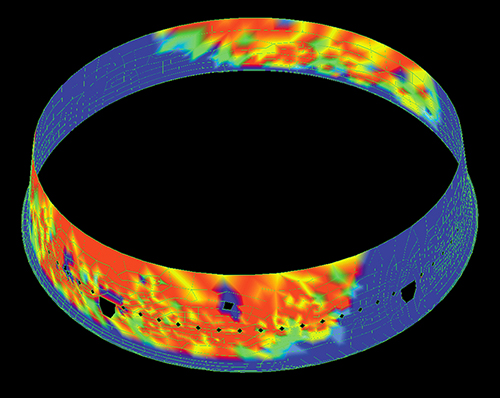
Genoa software is used for simulating medium sized ceramic matrix composite engines. The simulation shown here is at 2500 degrees Fahrenheit with a lifetime of 1000 hours.
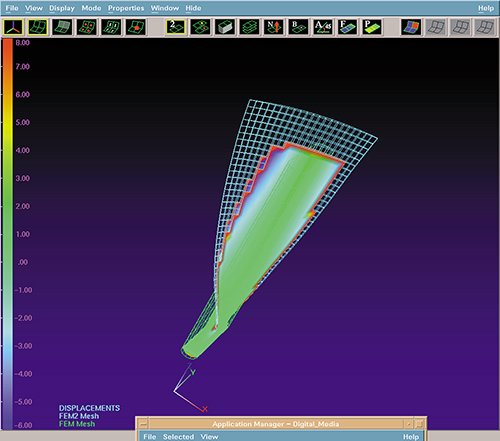
Genoa has been used for composite wind mill and turbine blade manufacturing.

Progressive failure simulations and test verifications are two applications of Genoa demonstrated here on a mini-space plane.




